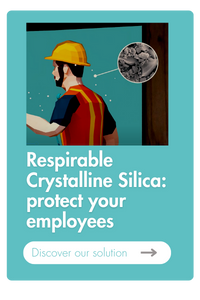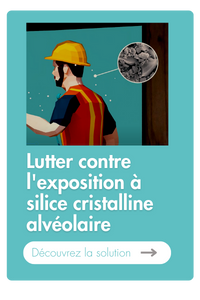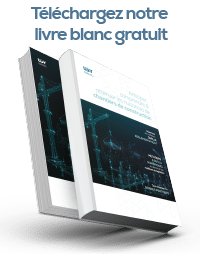Using AI to benefit monitoring of construction projects
AI’s promise lies in its capacity to mitigate hazards, elevate delivery quality, reduce operational costs, and introduce enticing technologies that resonate with a tech-savvy generation. Yet, whilst acceptance has been widespread in sectors like finance, insurance, travel and education, its penetration into construction and the built environment has been comparatively limited until now.
However, there have been early adopters who have experienced the benefits. Indeed, recent reports, such as Research Drive’s Global Artificial Intelligence in Construction Market Report (Feb 2023), documented the transformative shift that is occurring. The construction industry, grappling with challenges on a number of fronts, is indeed now weighing up whether AI could provide some of the solutions.
Applications for AI span every phase of a project, from design and planning to operational management, fostering safer work environments to evidencing ESG goals and even facilitating smoother community relations.
Sebastien Laboureau, our Chief Technology Officer, leads a team of 16 composed of product owners, product managers, hardware engineers and software developers who work closely alongside our construction teams to develop innovative digital solutions for construction challenges. “AI isn’t a novel concept, but its integration into construction projects is relatively new,” Sebastien notes. “We believe it can be used to equip teams both on site and at project management level with a new suite of tools that enable more accurate detection of the types of events that impact the programme of work, cause frustrations with local stakeholders, put workers at risk, improve sustainability, and bring about efficiencies.”
Through Sebastien and his team, solutions are being created to augment construction monitoring. The aim is to provide actionable insights rather than data, to support project managers who have been over-whelmed with data that needs interpretation, received irate calls from residents over the weekends or worried about the on-site deployment of health and safety measures.
Being in the same business as the operations team, many of whom have on-site experience, is a real strength. Understanding the multiple factors influencing successful delivery of an infrastructure or urban redevelopment project is pivotal; software or visualisation platforms without these contextual insights risk unsuccessful outcomes, wasting both time and resources. Rather than developing in a vacuum, our solutions are grounded in real-world construction experience to achieve real-world benefits.
For instance, UBY leverages algorithms like k-NN and neural networks, along with innovative approaches such as 3D point cloud analysis, to speed up existing processes. We use k-NN to efficiently analyse particle data to identify the source material, enabling real-time air quality analysis. Neural networks decode vast data sets, swiftly identifying sources of sounds (e.g., drilling, traffic) or interpreting visual images (eg mud on roads or lone workers), making it possible to make informed decisions quickly.
Emerging technologies like automatic 3D point cloud analysis can improve crack and structural issue detection, enhancing monitoring and surveying efficiency. AI-embedded sensors yield actionable insights, transcending raw data by providing real-time updates. Wearable respirable crystalline silica sensors, for instance, deliver precise air quality monitoring at individual worker locations, mitigating risks by identifying hazardous exposure and issuing alerts promptly.
By harnessing technology for applications like these, the industry can address existing complexities, boost productivity, and manage labour shortages. Moreover, innovative technologies offer potential routes in mitigating environmental impacts, be it understanding bird behaviours or optimising water usage.
This adoption of innovation not only addresses industry challenges but hopefully will also appeal to a generation that’s grown up with technology in the palm of their hand, attracting a new wave of tech-oriented talent to take the construction sector to new levels.
AI marks the tip of the iceberg. Integrating it into our essential activities presents a unique opportunity to overcome some of the most pressing hurdles facing the construction industry, and to pave the way for ever more successful projects.
If you’d like to know more about our AI-powered solutions, please contact us.





